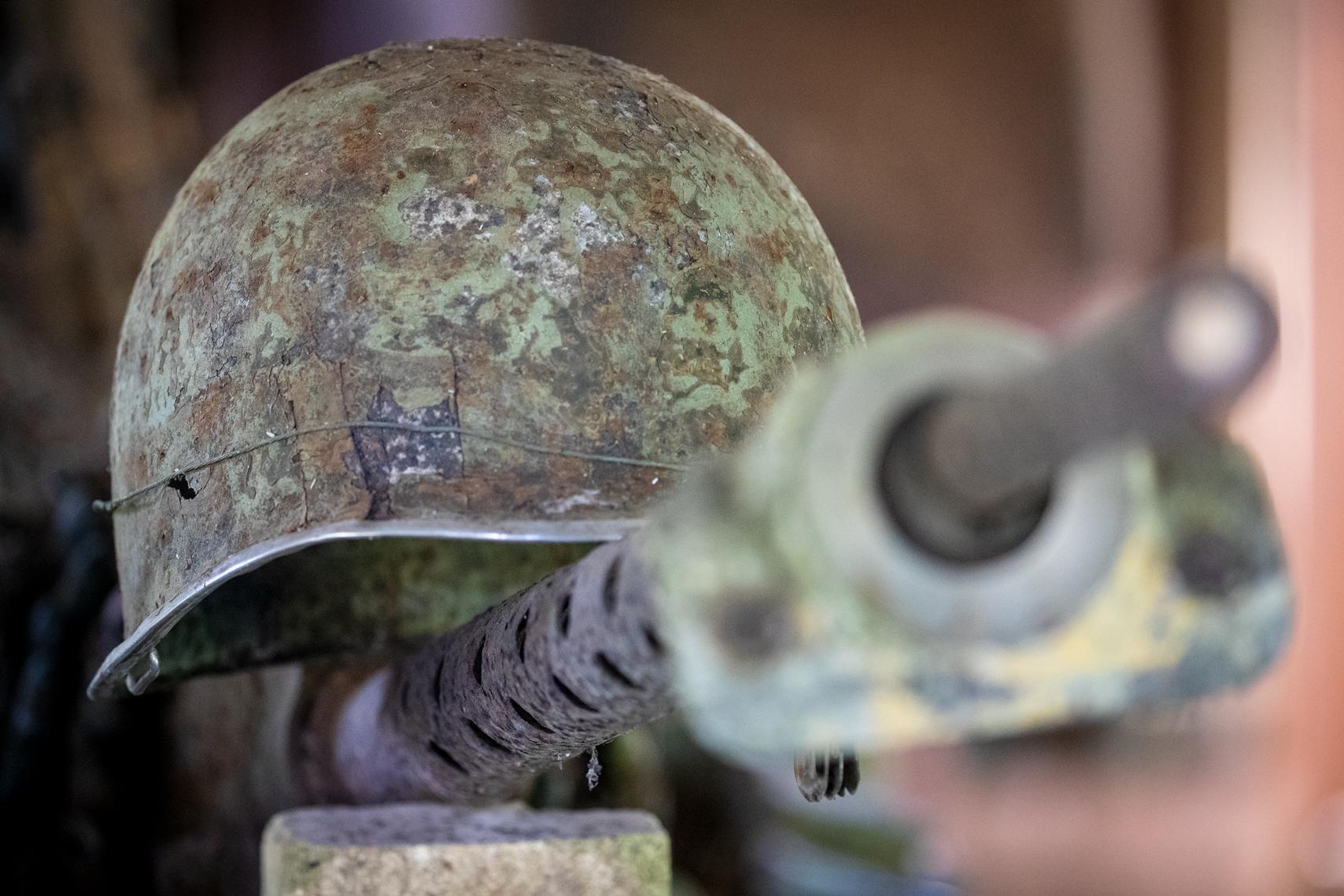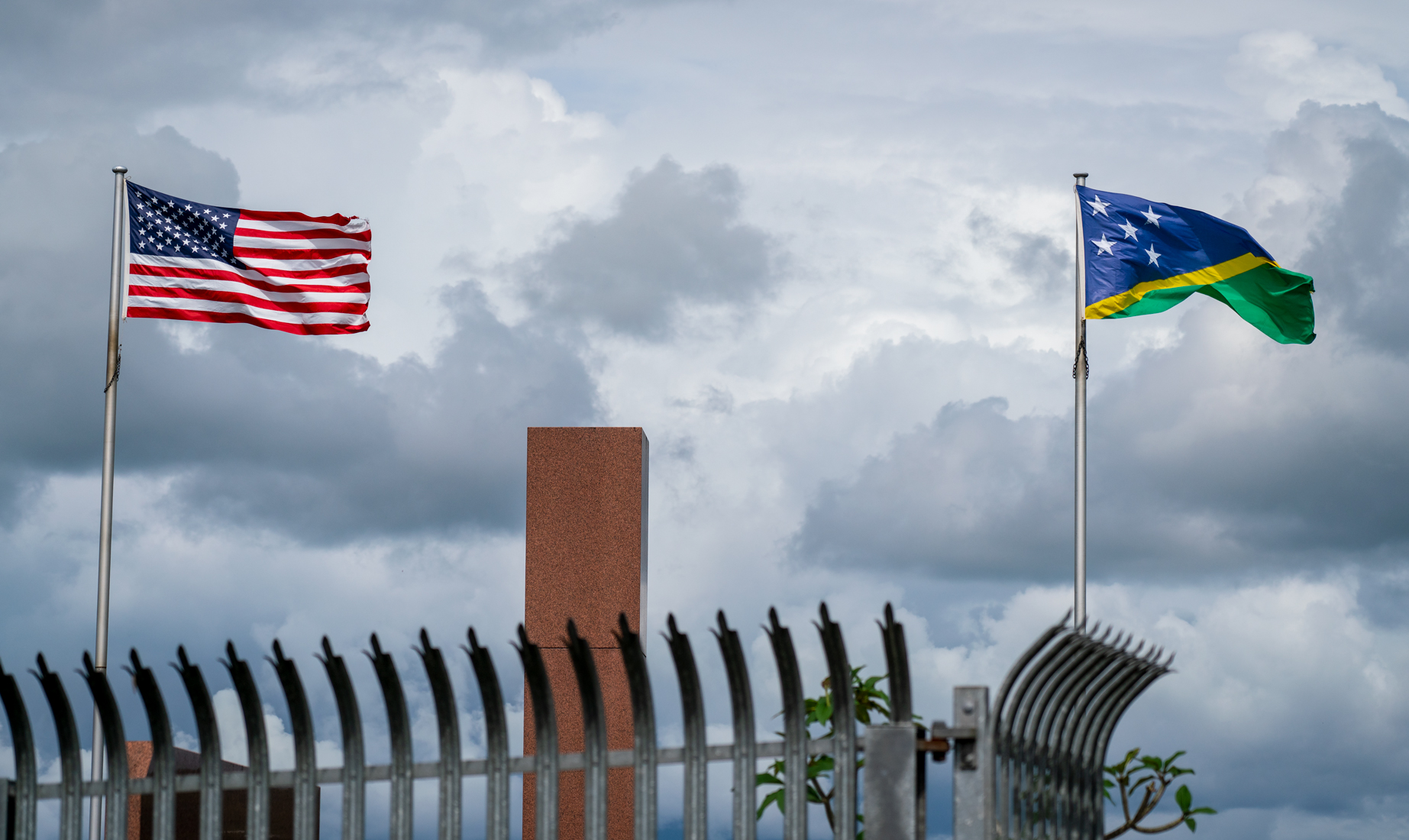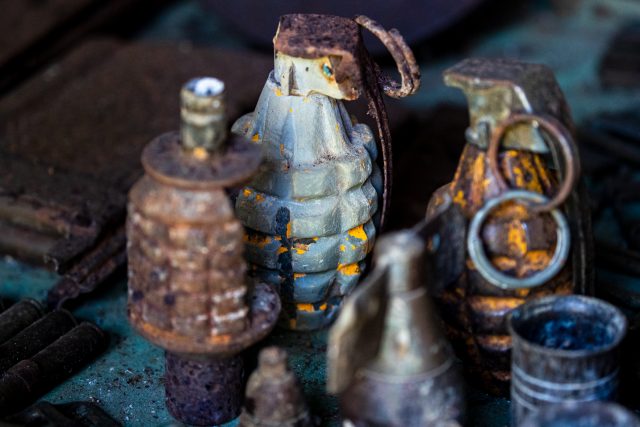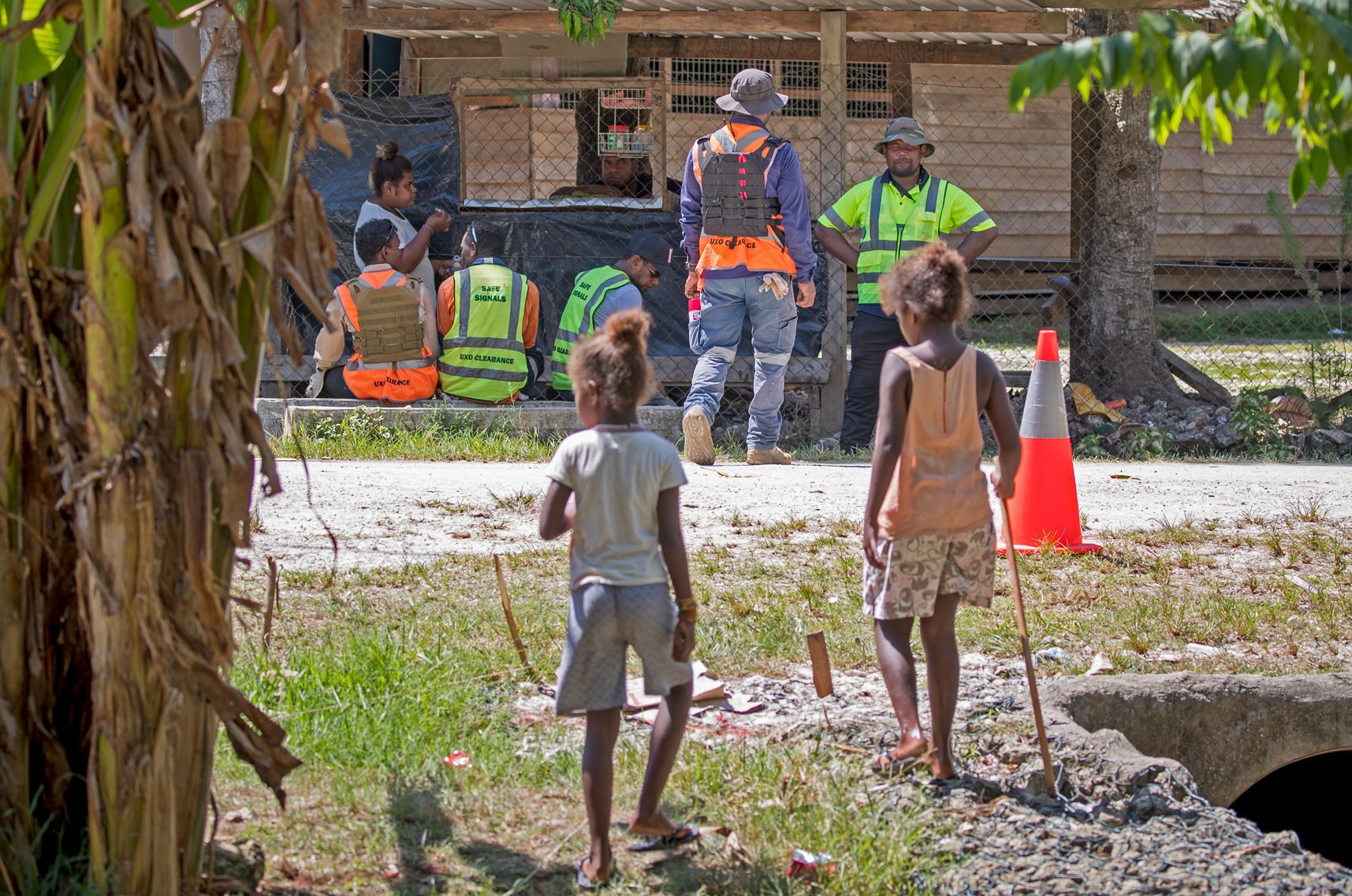Conflict
Conflict takes many forms, from disagreements between different political parties to indigenous communities battling government and corporate interests to full-blown warfare. Pulitzer Center grantee stories tagged with “Conflict” feature reporting that covers adversarial politics, war and peace. Use the Pulitzer Center Lesson Builder to find and create lesson plans on conflict.
-

As the Russo-Ukrainian War unfolds, the tie between Ukrainian national identity and faith remains in...
-

Pulitzer Center Update
Webinar Recording: Leading an Investigative Newsroom in Wartime
On November 18, 2022, the Pulitzer Center held a webinar discussion featuring Roman Anin, founder of...
November 21, 2022 -

Pulitzer Center Update
Webinar Recording: Rebuilding in America After Afghanistan’s Fall
On November 15, 2022, the Pulitzer Center hosted a virtual conversation with Afghan photographer and...
November 21, 2022 -

Pulitzer Center Update
The Way Back From Extremism
When Hindu Extremists Rejected Militant Nationalism Is there a way back from extremism? How and why...
November 18, 2022



























